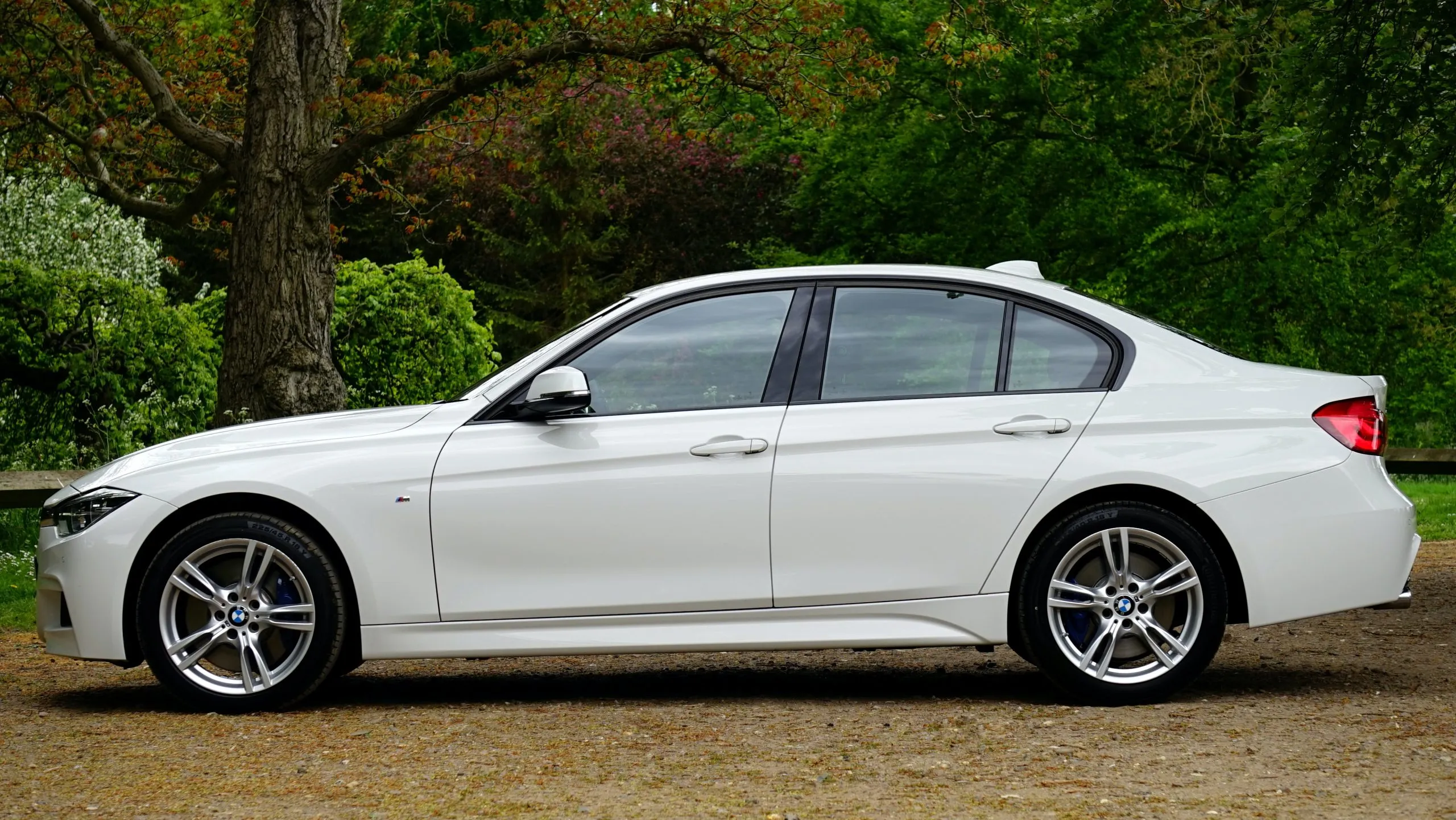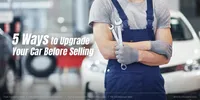
Pre-loved, pre-owned, or second-hand – whatever euphemism you choose doesn’t negate the value in buying a used car. Whether you’re looking for the dream car of your youth, are in the market for a particular model, are looking to purchase within your budget
Pre-loved, pre-owned, or second-hand – whatever euphemism you choose doesn’t negate the value in buying a used car. Whether you’re looking for the dream car of your youth, are in the market for a particular model, are looking to purchase within your budget, or simply see yourself saving more cash-on-hand in the long run, buying a used car definitely has its appeal.
Everyone wants a reliable, quality vehicle without the higher price tag, but it doesn’t come without risks involved. If you’re in the market for a used car, here’s what you need to watch out for:
- Set Your Budget
Being thrifty is one thing, but the adage holds true: more often than not, you’ll get what you pay for. Before visiting a local dealership or even browsing online, you should have financing set up, or at least have a defined budget to stick to once you start looking. A general rule of thumb is to have two budgets – one for the initial purchase, and another for any repairs that may be needed.
In an ideal world, the vehicle you find will be road-worthy from the get, but realistically, you’ll be driving home with a car that has its own history and quirks. The longer you hold off on necessary repairs will only equate to bigger costs in the long run, but initial maintenance costs won’t be as painful as sky-high monthly payments for a car that’s brand new.
- Check the Car’s Interior and Exterior
It goes without saying that a few scratches or dents can be overlooked, but larger areas of damage may be cause for concern, especially when they could be telling of a previous crash that wasn’t repaired well. Everything that moves, such as your wipers, washers, doors, windows, hood, and trunk should be tested, as well as the seatbelts, A/C vents, lights, and of course your dashboard and instrument panel. Upholstery is typically an easy fix, but if the interior smells musty, you might want to take a peek at the carpet and mats for signs of water damage or leaks.
Pro-tip: make sure to check the tires. A mismatched set might be telling of the previous owner’s maintenance – if they were too cheap to at least replace their car’s basic features in pairs, what does that say about how much they’ve spent on other concerns?
- Check Under the Hood
It’s always a good idea to have your own mechanic check under the hood of the vehicle you’re considering because they know what they’re looking at better than you do. If that isn’t an option, make sure to check for leaks (black could indicate leaking oil, and colored fluid could mean a leak in antifreeze, transmission, or power-steering liquid), as well as oil level and exhaust smoke.
It’s also important to note that mileage isn’t everything. A used car with low mileage sounds great, but if it doesn’t match up with its age, such irregular use could mean that its rubber and plastic parts have dried out and become brittle. It’s also better when a car’s engine is used or at least started consistently. At the end of the day, its periodic maintenance matters more than the number on the odometer.
- Test drive
Some buyers forego a test drive before making a purchase – don’t be one of them. Used or brand new, a car is an asset, and buying it before testing could lead to buyer’s remorse. A quick test drive will ensure that everything is working properly, and give you the peace of mind that you’re making a sound investment.
- Do Your Research
Talk to friends who are familiar with the make and model of the car you’re looking at, or hop online to do your research. Are parts easily accessible? Have its owners’ reviews changed since their initial purchase? Are there any quirks you need to look out for? Over the course of your research, you’ll also likely get an idea for the car’s market price, which can prove beneficial when it comes down to negotiations.
Alternatively, you can join Direct Car Buyers – an online marketplace for used vehicles direct from the source. At Direct Car Buyers, buyers place bids at the vehicle’s true market price – without the high platform fees you’ll find on other websites. Find the car you want, when you want, at the price you want, and join Direct Car Buyers today.



